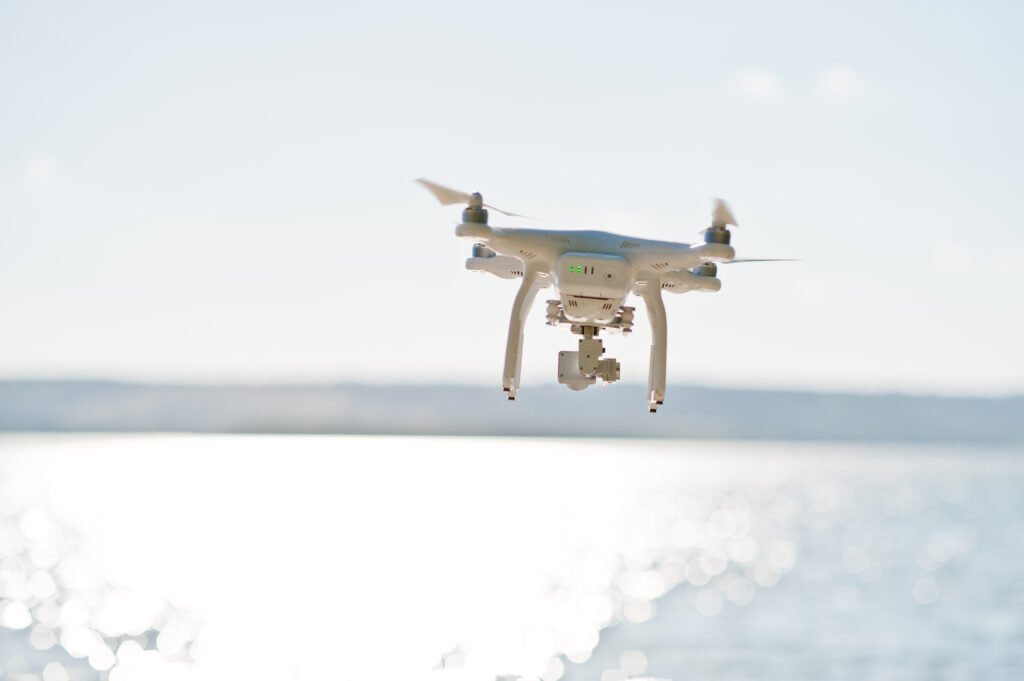Using drones for video in Washington, D.C., can take your production to the next level—whether you’re shooting a wedding, filming for a corporate project, or capturing content for a tourism campaign. However, D.C. is one of the most heavily restricted airspaces in the country, and flying drones here requires careful planning, compliance, and in some cases, a great deal of patience.
If you’re considering drone videography in or around the nation’s capital, here’s what you need to know before takeoff.

Is Washington, D.C. a No-Fly Zone?
In short, yes—most of Washington, D.C., is highly restricted when it comes to drone operations. The city is enveloped by two overlapping airspace zones established by the FAA:
- The Special Flight Rules Area (SFRA):
This zone extends roughly 30 nautical miles (approximately 34.5 statute miles) from Reagan National Airport. Within this area, drone flights are allowed—but only under strict conditions and with the proper waivers and authorizations. - The Flight Restricted Zone (FRZ):
Nestled within the SFRA is the even more restrictive FRZ, which covers about 15 nautical miles (around 17.25 statute miles) around the heart of D.C. This area includes the National Mall, White House, Capitol, and many major government buildings.
In general, drone flights in the FRZ are prohibited unless the operator receives special authorization from the FAA, TSA, and Secret Service. These approvals are rarely granted and often reserved for government contractors, major media outlets, or security-vetted professionals with a strong reason for the request.
What It Takes to Get Approval
If you want to fly a drone inside the FRZ, be prepared for an uphill battle. The approval process involves multiple government agencies and can take several months to over a year, depending on the scope of your project and the perceived security risk.
To even be considered, you’ll need to:
- Have a current FAA Part 107 certification
- Submit a detailed flight plan
- Explain your project’s purpose and value
- Provide background checks and identification
- Work through TSA, FAA, and other relevant security agencies
Even then, approval is not guaranteed. If your shoot isn’t tied to a significant public interest, expect your request to be denied or heavily delayed.






